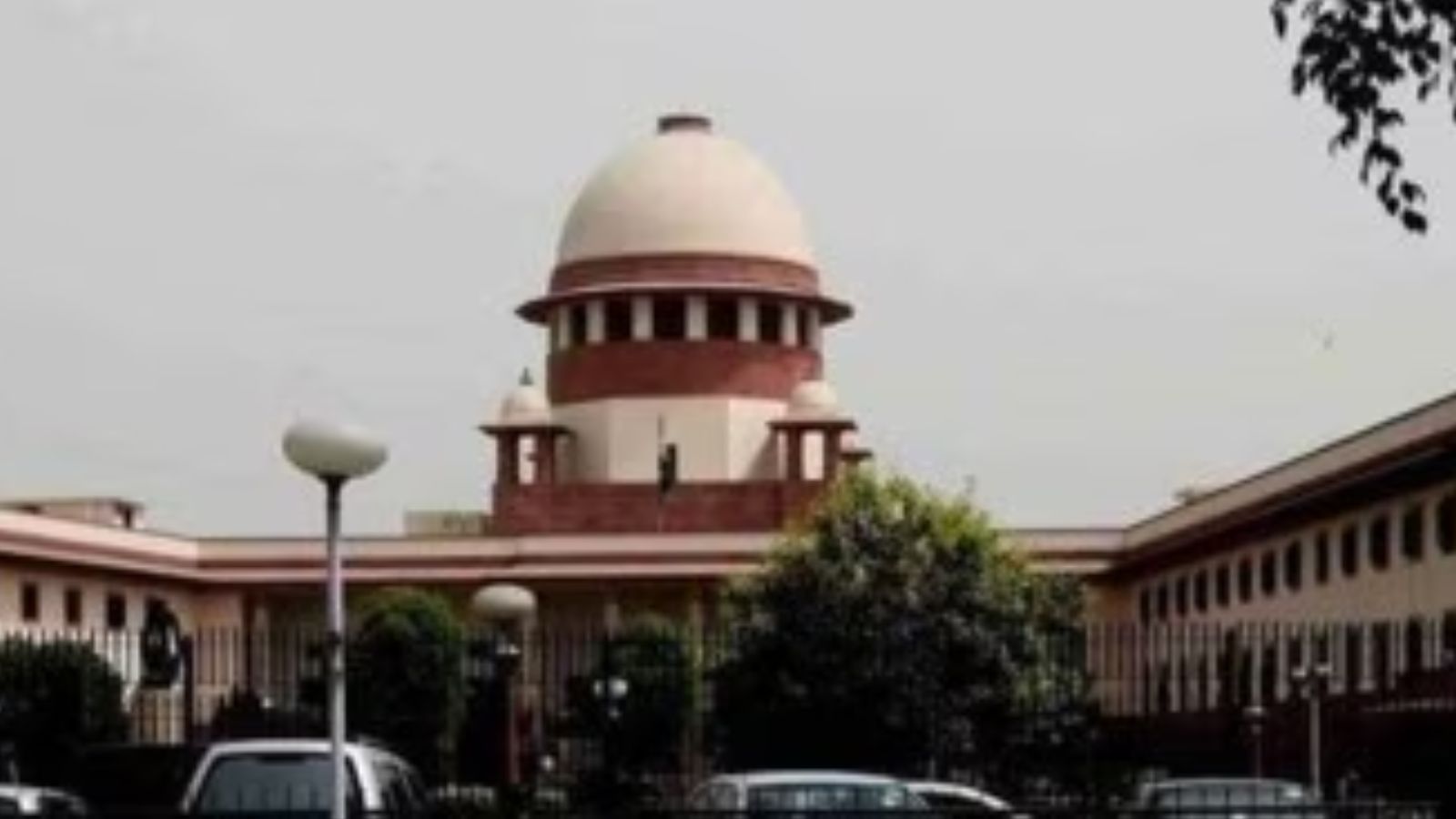 |
|
The Supreme Court of India has issued a ruling that extends the implementation of stage 4 of the Graded Response Action Plan (GRAP) to combat air pollution in Delhi until December 2nd. This decision follows a review of current pollution levels and a consideration of reports from court-appointed commissioners who investigated the effectiveness of the GRAP IV measures at various entry points into the city. The court's order highlights a concerning lack of enforcement of regulations aimed at preventing polluting vehicles from entering Delhi from neighboring areas of the National Capital Region (NCR). The commissioners' reports revealed a significant failure by authorities to implement GRAP IV measures effectively, leading to the court's strong criticism and demand for immediate action. The judges' observations pointed to a widespread failure in preventing polluting trucks from entering Delhi, only to make U-turns shortly after entering the city limits, thereby negating the intended effect of the restrictions.
The Supreme Court's directive mandates the continuation of all GRAP IV measures, with the exception of those relating to school closures (for classes 4 and above) which were previously modified. The responsibility for determining whether to reinstate school closures rests with the Commission for Air Quality Management (CAQM). The court emphasized that a complete abandonment of all GRAP IV measures is not necessary, suggesting the possibility of combining selected measures from GRAP III and GRAP IV to optimize pollution control efforts. The CAQM has been directed to meet and present their recommendations on transitioning to a less stringent GRAP stage (III or II) by December 2nd, the date when the Supreme Court will revisit the case to assess the progress made.
A key aspect of the court's ruling concerns the strict enforcement of the ban on truck entry into Delhi. The order clarifies that only trucks carrying essential commodities, providing essential services, and those classified as LNG, CNG, electric, or BS-6 diesel vehicles are exempt from the ban. Any instructions issued by authorities that contradict this stipulation are deemed invalid and will not be binding on law enforcement personnel at Delhi's entry points. This clarification aims to address inconsistencies and loopholes that may have hampered the effectiveness of the existing restrictions. The Supreme Court's emphasis on strict enforcement underscores its commitment to improving air quality in Delhi. The court's proactive involvement, including the appointment of commissioners to monitor implementation, demonstrates a resolute approach to addressing the challenges posed by air pollution and holding relevant authorities accountable for their actions.
Furthermore, the Supreme Court took note of the CAQM's efforts to address stubble burning, a significant contributor to Delhi's air pollution. The CAQM has issued show-cause notices to various entities for alleged non-compliance with orders aimed at preventing stubble burning, and the court has urged the expedited completion of these investigations and subsequent actions. The integrated approach adopted by the court in addressing both vehicular pollution and stubble burning highlights the complexities of tackling air pollution effectively and the need for a multi-pronged strategy. The court's ongoing engagement and monitoring underscore its commitment to holding authorities accountable and ensuring the implementation of effective measures to improve air quality in Delhi and the surrounding areas. The decision underscores the urgency of the situation and the commitment to finding solutions that effectively mitigate the severe consequences of air pollution on public health and the environment.
Source: GRAP IV measures to check air pollution to continue in Delhi, says Supreme Court
